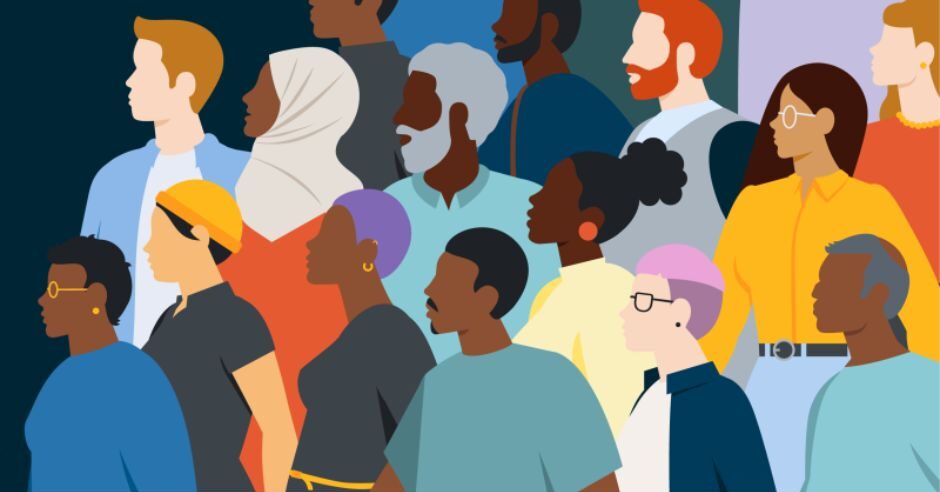Across Massachusetts, many immigrant families are living in quiet fear – and most of us know someone who is. People are afraid to go to work, take their kids to school, seek health care services, or even step outside, worried that an ordinary day could turn into something life changing.
The people living in fear are our neighbors and coworkers. These are immigrants with many different stories and immigration statuses, including some who have lived and contributed to this country for decades. It’s a hard thing to watch as neighbors and friends. But even if we can’t stop what’s happening, we are not powerless. There are meaningful ways we can show up for one another, for our values, and for our shared humanity.
Share Information Families Need
When people don’t know their rights, fear grows. That’s why sharing good, accurate information matters so much.
Start with trusted sources like Health Care For All’s Immigrant Health Toolkit. It includes guides on health coverage and eligibility, referral list for legal support, benefit guides and Know Your Rights cards in multiple languages. You can also guide people to other helpful resources, including the Massachusetts Attorney General’s ICE Guidance and the MIRA Coalition’s library of multilingual materials, which explain rights and options for immigrants across the state.
Familiarize yourself with key resources and share them using social media, personal connections and organizations you are connected to.
Encourage families, especially those who are undocumented or mixed-status, to keep their documents up to date and their plans ready. Updating passports, writing down emergency contacts, and preparing a family plan that identifies who will care for children in case of detention can make an enormous difference.
Knowledge is power, but it’s also comfort. It tells people: You’re not alone, and there’s still something you can do.
Help with the Little Things That Mean Everything
When fear keeps someone inside, it can mean going hungry, missing school, or skipping needed medical care. If a neighbor or a friend seems afraid to go out, offer to help in small but meaningful ways. Bring groceries, pick up prescriptions, walk their children to school with yours, take them to a medical appointment or simply take time to say hello.
These gestures may seem small, but they speak volumes. They remind people that they are seen, valued, and not alone – that community can be stronger than fear.
Be a Witness
Groups like LUCE Immigrant Justice Network of Massachusetts and other local rapid response networks organize volunteers to show up when ICE activity is reported. Their role isn’t to intervene; it’s to be present, to witness, and to support families during moments of crisis.
Joining a network, signing up for alerts, and learning how to document safely all make a difference. Sharing Know Your Rights information from the HCFA Toolkit ensures that others know what to do if agents appear at their door. When we show up, we tell families that someone is watching, that someone cares.
Call Your Elected Officials
Reaching out to your state senator and representative is one way to make a meaningful impact. Let them know that this issue matters to you — not just as a policy concern, but as a moral one.
Stand Up and Speak Out
Attend protests, vigils, and community meetings. Bring your family. Bring your voice. Our democracy only works when we do – when we lift our voices together to say: This is not who we are.
Because No One Should Face Fear Alone
This moment calls for courage – not the loud kind, but the everyday kind: neighbors checking in, families preparing, communities sharing what they know, and refusing to look away.
The Immigrant Health Toolkit from Health Care For All is one place to start. It’s full of practical tools that can help families stay safe, healthy, and informed – but it only works when we share it, talk about it, and act on it.
Jamila Xible is the Director of Community Engagement at Health Care For All


